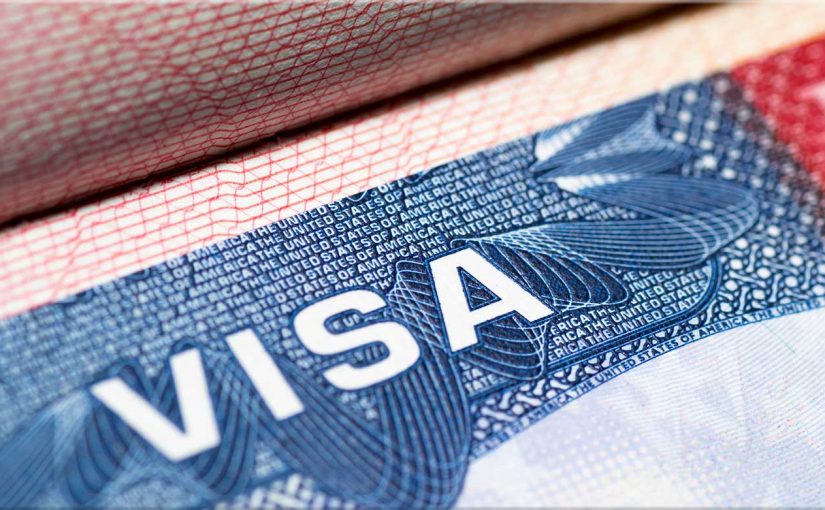
Interviewer: All right. Today, we’re joined by Jeanne Morales and today’s topic at hand will be the impact of criminal behavior on immigration status.
Jeanne Morales: Regardless of how somebody achieved legal status in the United States, it’s extremely important for them to be aware that every time they encounter law enforcement, there’s a possibility that that can be used against them to strip them of their legal status or even prevent them from ever achieving it.
For a large number of people who seek immigration services, the first level that they want to achieve is something called legal permanent resident status.
Committing Criminal Offenses Will Affect Applying for Legal Permanent Resident Status
The problem is with the word ‘permanent’. What that means is it’s not that it’s forever. It just means that unlike a visa, you don’t have to go and reapply. It’s definitely not permanent if you get into trouble with the law. There are situations that people find themselves in where they’re counseled by an attorney who knows criminal law.
They make a plea deal for probation or would do sentence under criminal law. But what they end up doing by pleading guilty and getting that conviction is ensuring they are ineligible to remain in the United States.
If You Are Accused of a Criminal Offense, It Is Important to Consult with an Immigration Attorney
It’s extremely important if someone encounters law enforcement to not plead guilty. You should not do anything until you have consulted with an immigration attorney to see how it’ll impact your status. You could lose your permanent resident card. Or, if you’re currently have undocumented status, you can prevent yourself from ever being able to come to United States legally, so it’s extremely important.
Interviewer: Are you referring to any specific crimes?
Jeanne Morales: No crime is where we want to be, no criminal record. I’m going to talk about the two main categories that crimes fall into that cause problems for people who are not citizens but even some crimes that are in those categories can affect people.
As an example, there is the DACA Program, the Deferred Action for Childhood Arrivals that was recently initiated by President Obama. It had some restrictions on people who could join the program and restrictions had to do with past criminal behavior.
A Drunk Driving Conviction Can Affect Applying for Legal Status
One of the things that would make an eligible for that DACA Program was a drunk-driving conviction. On the other two big categories of crimes that affect someone who’s not a citizen, those would be aggravated felonies and crimes involving moral turpitude. Drunk-driving is not in either one of those categories.
In most states, in many states, a first offender DWI is misdemeanor, which in the laws of the United States is usually a lesser crime, but yet it would have prevented somebody from getting a work permit under the DACA Program.
Legislation Is Close to Being Enacted That Prevents Immigrants from Obtaining Legal Status If They Have Previous Misdemeanor Convictions
That’s even more important now, the day after the Republicans released their immigration platform. It does appear that the Republicans among other issues in immigration, it does appear that they’ll support a bill to take the Presidential Decree Program called DACA and formally pass it to Congress with the DREAM Act. I’m fairly certain that the requirements are going to be fairly close to what the DACA Program is.
Anybody who has this what most states consider to be a minor crime, a misdemeanor, most first-time offenders, they’ll get a fine and some probation and then they’re all done. But that could prevent somebody from gaining legal status in the United States under the DACA or DREAMers avenues. That’s a case where a very small crime can affect you.

